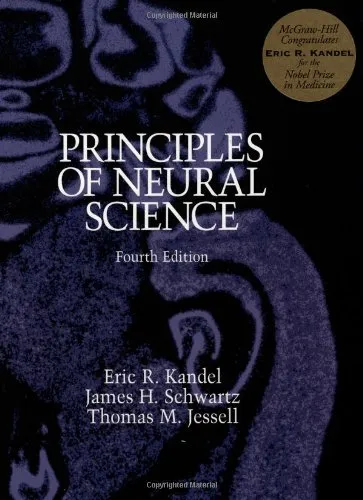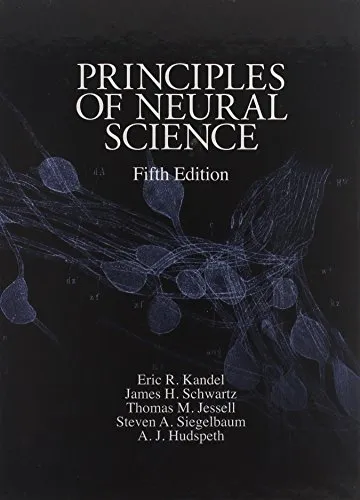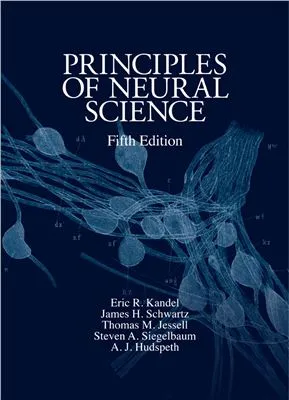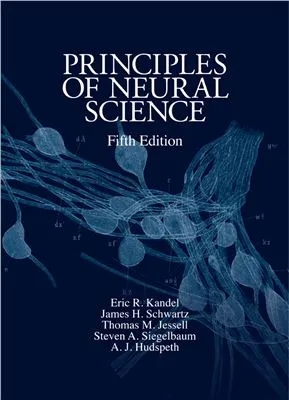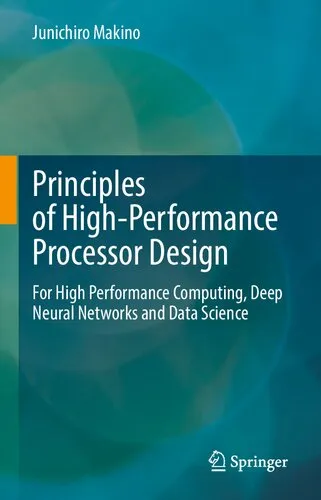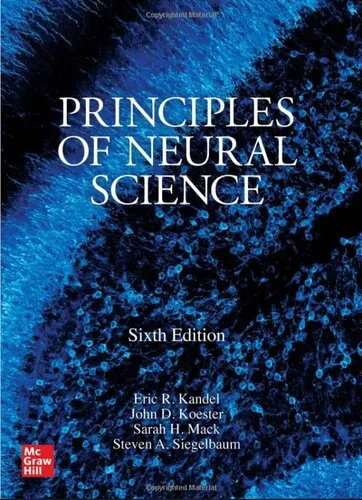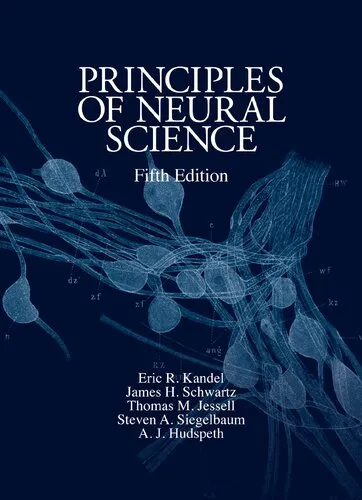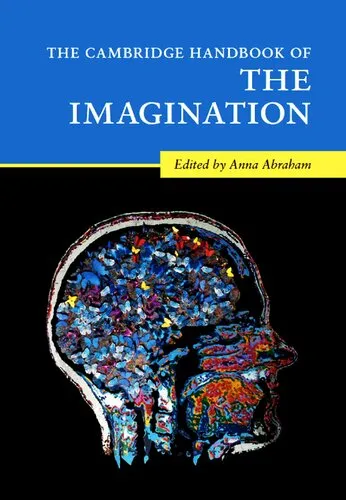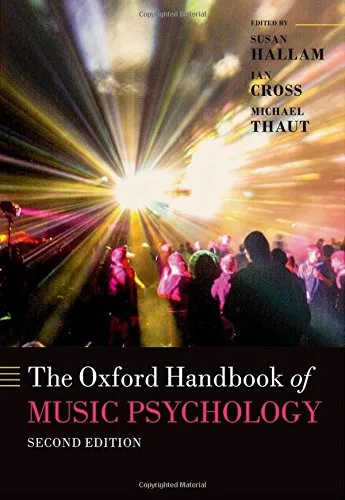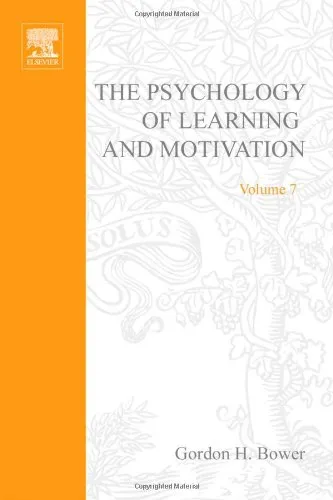The Perception of Stimulus Relations. Discrimination Learning and Transposition
4.0
Reviews from our users

You Can Ask your questions from this book's AI after Login
Each download or ask from book AI costs 2 points. To earn more free points, please visit the Points Guide Page and complete some valuable actions.Related Refrences:
Welcome to a comprehensive exploration of 'The Perception of Stimulus Relations. Discrimination Learning and Transposition', a profound work that delves into the intricate world of cognitive psychology, particularly focusing on how humans and animals learn to distinguish and interpret various stimuli in their environments.
Detailed Summary of the Book
This book meticulously examines the underlying mechanisms of discrimination learning and transposition, presenting a detailed analysis of how living organisms respond to and process differing stimuli. It is structured in a manner that guides the reader through foundational concepts, advances to complex theoretical frameworks, and concludes with implications for broader fields of research.
The authors, Hayne W. Reese and David S. Palermo, offer an in-depth investigation of the principles governing stimulus generalization and discrimination. They address classical theories and modern empirical findings, providing a balanced perspective that bridges historical foundational knowledge with contemporary scientific developments. The narrative is both comprehensive and accessible, employing case studies, experimental data, and theoretical discussions that encourage readers to critically engage with the material.
Key Takeaways
- Understanding of Discrimination Learning: The book elucidates the processes by which organisms learn to discriminate between different stimuli, highlighting both innate and learned components.
- Transposition Phenomenon: An exploration of transposition, where organisms transfer learnt discrimination from one context to another, revealing cognitive flexibility and adaptability.
- Experimental Analyses and Model Discussions: Provides insightful commentary on various experimental designs and models used to study perception and learning, fostering deeper comprehension of methodological approaches in psychological research.
- Theoretical and Practical Implications: Discusses the broader implications for understanding learning and adaptation not only in laboratory settings but in real-world scenarios as well.
- Integration of Classic and Contemporary Perspectives: Successfully merges traditional psychological theories with current findings, offering a robust framework for future research and study.
Famous Quotes from the Book
"The ability to perceive differences and similarities among stimuli is fundamental to an organism's survival and adaptation."
"Learning is not a mere response to stimuli, but a dynamic process that integrates perception, memory, and cognition."
Why This Book Matters
'The Perception of Stimulus Relations. Discrimination Learning and Transposition' is a seminal work that stands out for its contributions to cognitive psychology and education. It provides a foundational understanding necessary for educators, psychologists, and scientists interested in the mechanics of learning. The authors' rigorous approach to analyzing stimulus relations offers a model for scientific inquiry that remains relevant in today's scientific landscape. This book matters because it not only enhances our understanding of how organisms learn from their environments but also influences product design, educational programming, and artificial intelligence development, where stimulus discrimination plays a pivotal role.
In essence, this book is for anyone seeking to explore the intersection of perception and learning. Its relevance spans across academic circles into practical applications that improve human-computer interactions, training programs, and adaptive technologies.
Free Direct Download
You Can Download this book after Login
Accessing books through legal platforms and public libraries not only supports the rights of authors and publishers but also contributes to the sustainability of reading culture. Before downloading, please take a moment to consider these options.
Find this book on other platforms:
WorldCat helps you find books in libraries worldwide.
See ratings, reviews, and discussions on Goodreads.
Find and buy rare or used books on AbeBooks.
1349
بازدید4.0
امتیاز0
نظر98%
رضایتReviews:
4.0
Based on 0 users review
Questions & Answers
Ask questions about this book or help others by answering
No questions yet. Be the first to ask!

